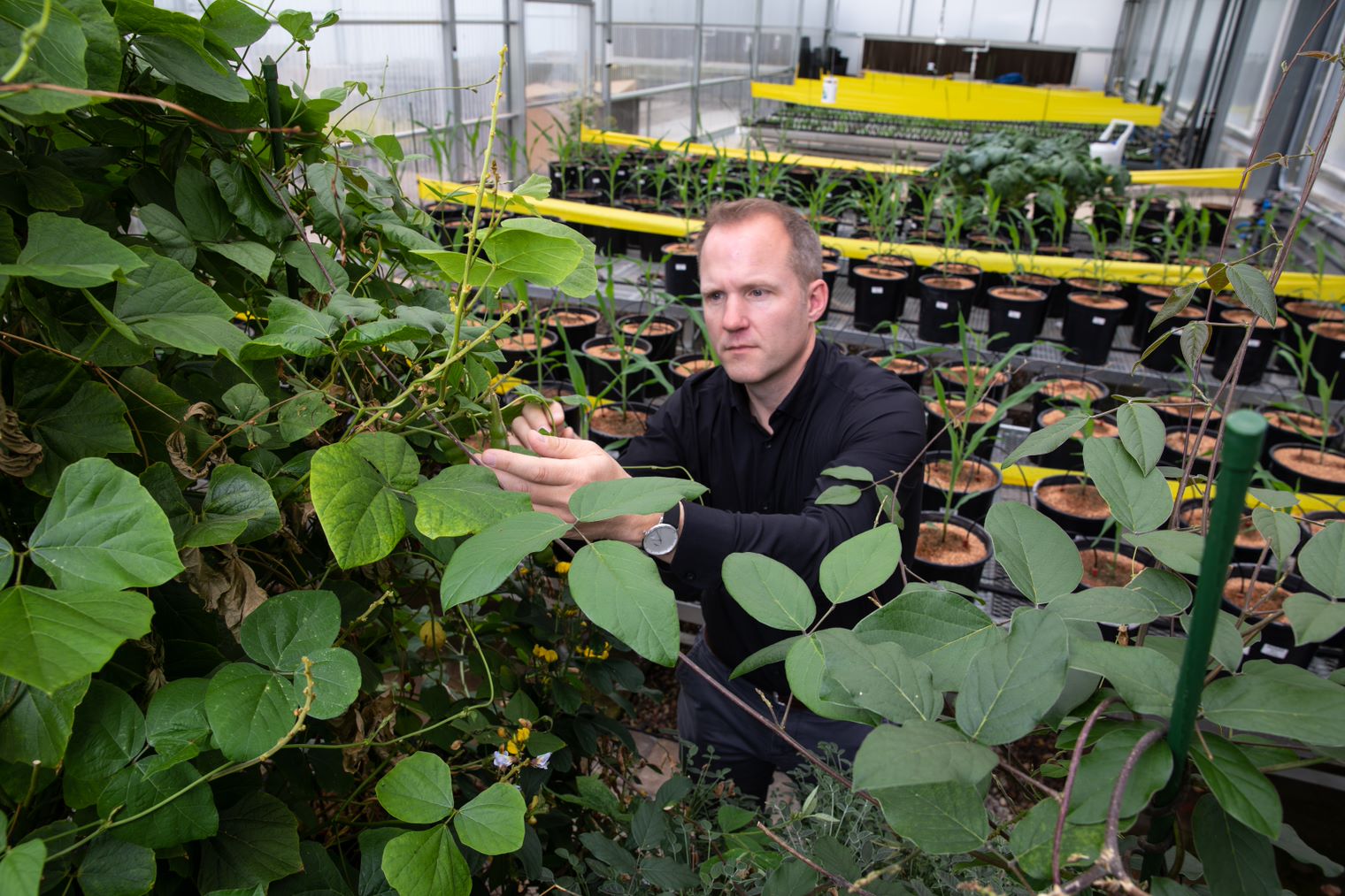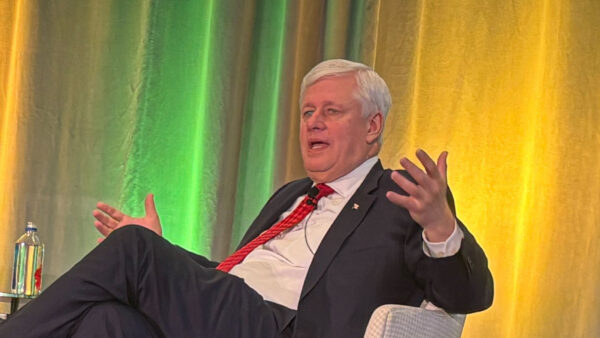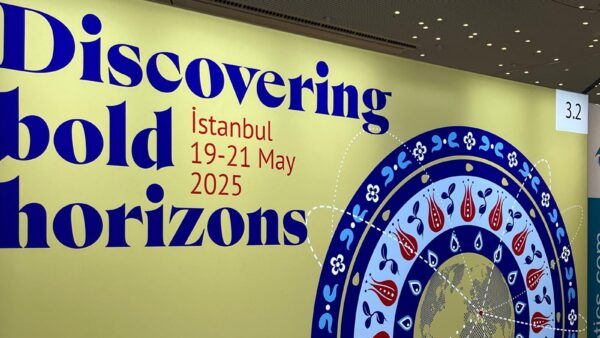Capturing carbon in soil is a frequent feature of climate change mitigation measures, but the variability in soils and greenhouse gas emissions makes it difficult to evaluate results. A new £1 million research project led by James Hutton Institute scientists aims to tackle the problem, using digital technology to develop a UK system to understand and monitor changes in soil carbon from agricultural systems.
The project will use remote sensing, ground based sensors and high-performance computing to create a system to monitor, report and verify changes in soil carbon and GHG emissions in near real time, which will be available to users through a web interface and a mobile app.
Dr Jagadeesh Yeluripati, principal investigator of this project within the Institute’s Information and Computational Sciences department, explains: “There is a need to combine information from diverse sensor networks in different environments and to accurately model soil carbon changes and GHG emissions from various management practices.
“This project will demonstrate a novel solution for improved understanding of soil carbon change by linking sensors, edge and high-performance computing-based data analysis, modelling and visualisation to meet farmer and policymaker information needs, in support of net-zero GHG emissions targets for Scotland (2045) and the wider UK (2050).”
By streamlining the flow of information from sensors using newly evolved information and communication technology to models will be used to predict environmental changes. “The platform should provide unprecedented decision-making capabilities to farmers and national policy stakeholders”, said Professor Pete Smith, a project partner from the University of Aberdeen. “The design should allow near real time simulations of carbon changes and GHG emissions without individual land managers providing numerous data inputs”.
It is hoped the system will be operational by the end of the project in 2023.
Led by the James Hutton Institute, the project Dynamic monitoring, reporting and verification for implementing negative emission strategies in managed ecosystems (RETINA) is funded by the Natural Environment Research Council (NERC) and involves the University of Aberdeen and the Centre for Ecology and Hydrology as partner organisations.
Source: James Hutton Institute













